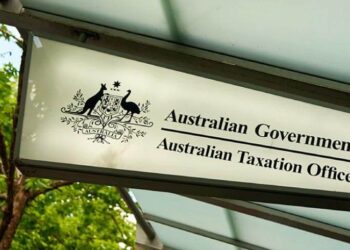ASIC last week announced it was investigating the misuse of sophisticated investor certificates. It expressed concerns that some accountants may be harming retail investors by inappropriately providing ‘sophisticated investor’ certificates.
The Fold Legal director Jaime Lumsden Kelly said the corporate regulator has suggested that accountants are using the certificates to circumvent the need for a prospectus for retail investors.
“[However], the accountant is only asked to supply a certificate stating that a client has certain net assets and income. This is an objective fact, either the client does or does not. It is the licensee that then uses that certificate to assess a client as wholesale,” Ms Lumsden Kelly said.
It is, therefore, unclear at this stage whether ASIC is suggesting that accountants are falsifying certificates or if the accountant providing the certificate is also the licensee in question.
“[The latter] in our view is a conflict of interest, because the licensee, who is also the accountant who is giving the certificate, is motivated to assess the client as wholesale,” Ms Lumsden Kelly said.
She said ASIC also mentioned in the announcement that accountants have used trust or company structures to avoid the need for a prospectus.
“We note that they used the word ‘purported’ which we assume means these structures are not actually lawful,” she said.
“This makes sense to us, because you are only able to avoid using a prospectus with a company or trust if the company or trust is controlled by someone who meets the net assets/income test. If they did meet that test, then there would be no need to try and use some form of additional structure to avoid the prospectus requirement.”
She said ASIC has not explained how these structures work at this stage it most likely doesn’t want to motivate other people to use them.
“In our experience, there are substantial deficiencies in understanding the wholesale client test, including the prospectus rules, throughout the financial services industry, and therefore we suspect that this is a result of lack of knowledge rather than a deliberate intent to avoid the retail client protections.”
While ASIC has not specifically called out SMSFs as an issue, the classification of SMSFs as wholesale or retail is a very poorly understood issue and it “could be that this has contributed to these events”, Ms Lumsden Kelly said.
“For example, many of the tests depend upon the assets or income of the person who controls an entity, and with an SMSF it is very difficult to say that the SMSF is ‘controlled’ by anyone because, by definition, the trustees or directors of the trustee have equal control in an SMSF.”



In many cases it seems that advisers/stockbrokers are using these certificates simply to reduce their own compliance requirements, even though the client really has no more financial insight than any “typical” retail client. Is it really appropriate for clients to lose that protection?